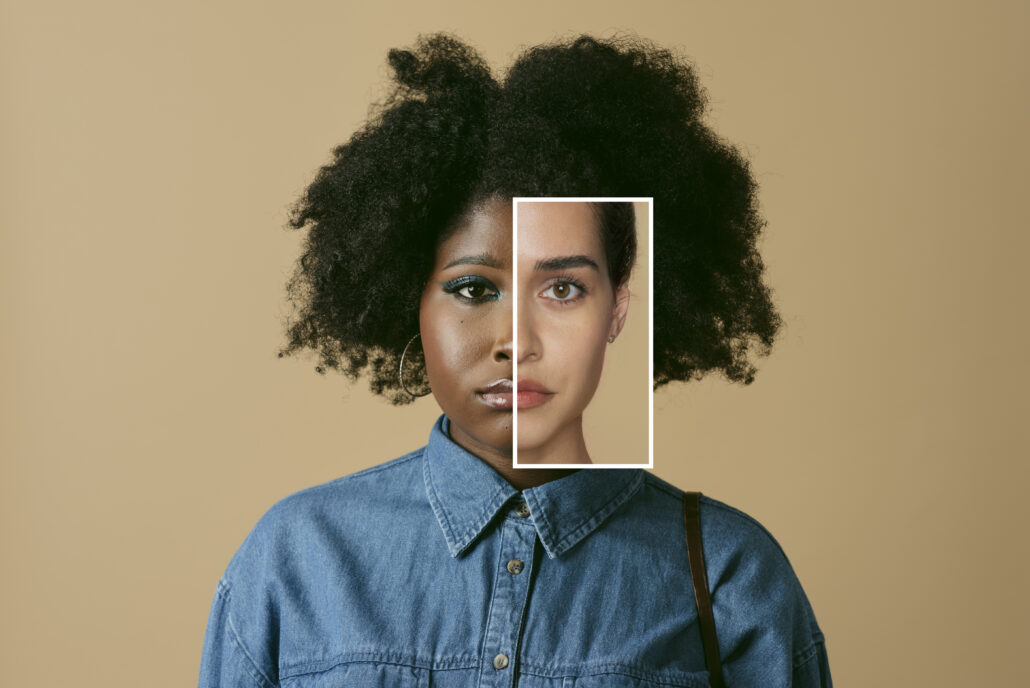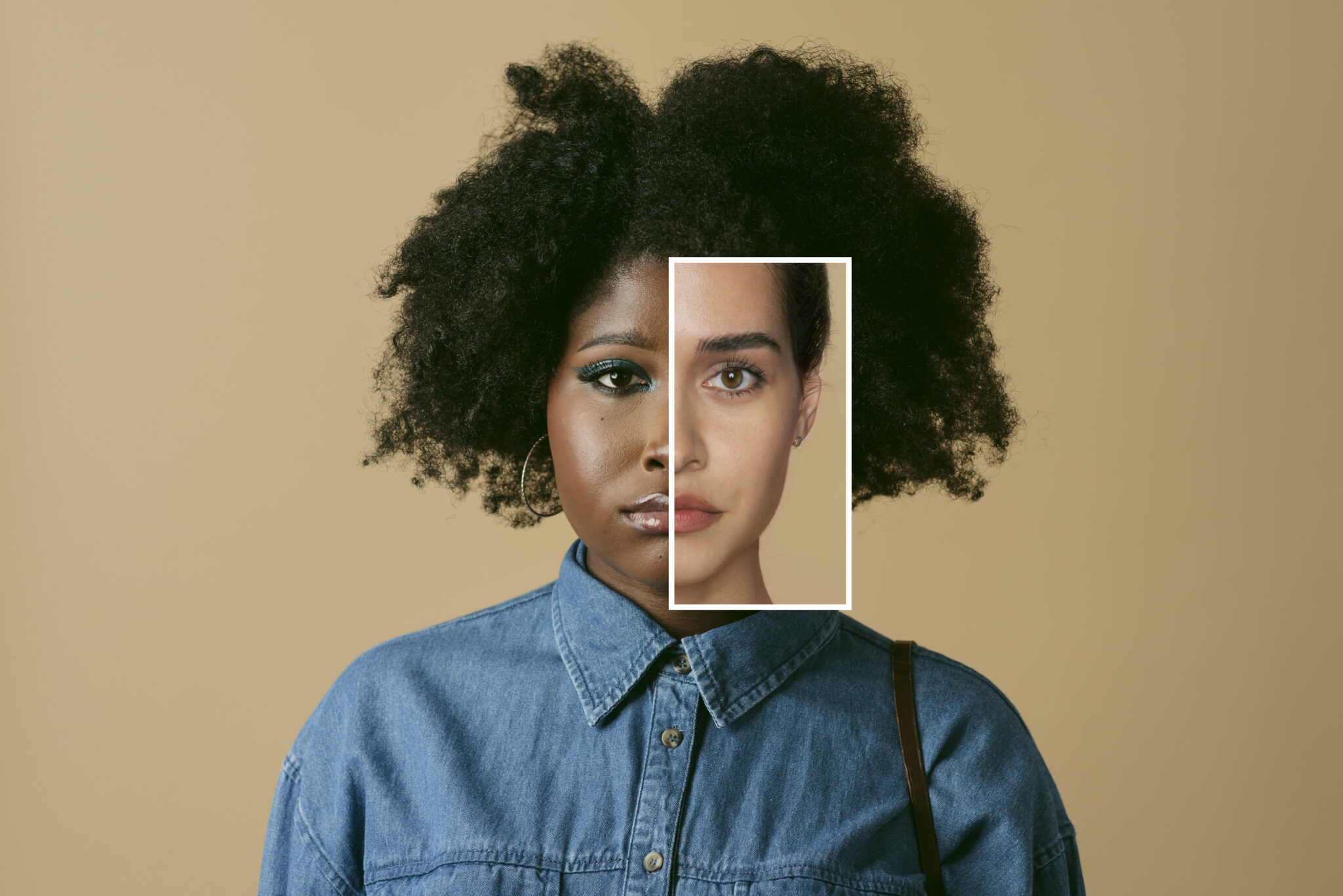Bipolar Disorder Type 1 Research Study
We are conducting a study to determine whether BHV-7000 is an effective treatment for manic episodes in those with bipolar I disorder.

Fast Facts

Diagnosed with Bipolar Type I Disorder

18-75 Years Old

Compensation Provided

Conducted in St Louis, MO
Study Background
Researchers are studying BHV-7000 as a treatment for manic episodes in those with bipolar I disorder.
People with bipolar disorder face significant challenges due to the extreme highs and lows of their mood, which can disrupt their lives and complicate treatment. Existing medications often have side effects, or they may only partially address the symptoms. This can lead to difficulties with adherence to treatment and a higher chance of relapse. BHV-7000 is a new compound that enhances potassium channel activation, which plays a key role in regulating brain activity. By normalizing overactive brain activity, BHV-7000 aims to improve resilience to mood disorder symptoms. It also interacts with pathways similar to those of common mood stabilizers like lithium and lamotrigine but is expected to have fewer side effects.
The study involves staying at an inpatient facility for about 5 weeks, where you’ll have a private room with meals, shower, and laundry services provided. The facility has trained staff available 24/7, and visitors are allowed under staff supervision.
Ready to get involved? See if you qualify and take the first step towards making a meaningful impact on the lives of those affected by bipolar disorder.

Study Background
Researchers are studying BHV-7000 as a treatment for manic episodes in those with bipolar I disorder.

People with bipolar disorder face significant challenges due to the extreme highs and lows of their mood, which can disrupt their lives and complicate treatment. Existing medications often have side effects, or they may only partially address the symptoms. This can lead to difficulties with adherence to treatment and a higher chance of relapse. BHV-7000 is a new compound that enhances potassium channel activation, which plays a key role in regulating brain activity. By normalizing overactive brain activity, BHV-7000 aims to improve resilience to mood disorder symptoms. It also interacts with pathways similar to those of common mood stabilizers like lithium and lamotrigine but is expected to have fewer side effects.
The study involves staying at an inpatient facility for about 5 weeks, where you’ll have a private room with meals, shower, and laundry services provided. The facility has trained staff available 24/7, and visitors are allowed under staff supervision.
Ready to get involved? See if you qualify and take the first step towards making a meaningful impact on the lives of those affected by bipolar disorder.

Additional Information
The purpose of this research study is to evaluate the safety and efficacy of BHV-7000 for the treatment of episodes of mania in individuals with bipolar disorder I.
You may qualify for this study if you meet the following criteria.
Key Criteria:
- Ages 18-75
- Diagnosed with bipolar type I disorder and experiencing a manic episode
- Willing to stay in an inpatient facility for approximately 5 weeks
- Willing to discontinue antipsychotic medication (e.g., Thorazine, Clozapine, Ziprasidone) for the duration of the study
- Not dependent on alcohol or illicit drugs
- Speak English
- Can provide informed consent and do not have a legal guardian
- No obesity (BMI < 35 kg/m2)
- Bipolar disorder is in a stable condition
- Manic episode did not exceed 12 weeks
The study lasts up to 7 weeks and includes 3 phases:
- Screening Phase (up to 14 days of inpatient stay)
- Inpatient Treatment Phase (approximately 21 days) where you will take the investigational medication with physician oversight
- During the inpatient stay, you’ll have a private room with meals, shower, and laundry services provided. The facility has trained staff available 24/7, and visitors are allowed under staff supervision.
- Safety Follow-Up (14 days after Day 21/end of treatment)
There is a potential for participants who complete the double-blind study to participate in a 52-week open-label extension study.
Compensation is provided up to $5,550 for your time.
There is no cost for you to participate in our research study.
